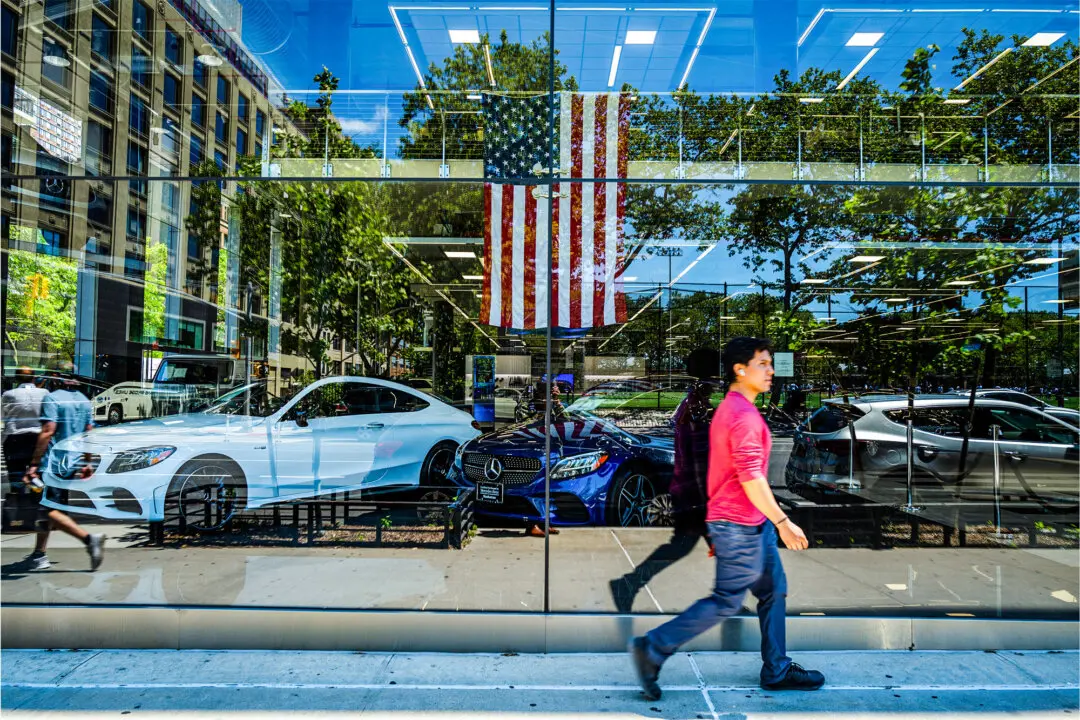Auto dealers in the United States continue to view the market as weak, with concerns about declining profitability, the political climate, rising costs, and economic uncertainty, according to automotive services provider Cox Automotive.
The overall score in the Q3 2024 Cox Automotive Dealer Sentiment Index dropped to 40 from 42 in the previous quarter and 45 a year ago, signaling a weakened market sentiment, Cox said in a Sept. 6 statement.





